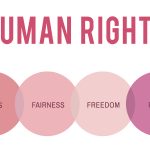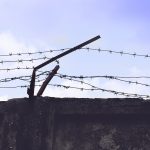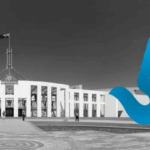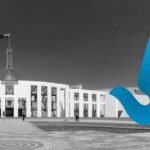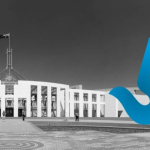Australia Continues to Stall on Human Rights, Finds Annual HRW Report
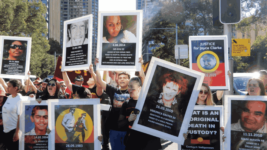
Former Australian PM Scott Morrison was still in office last January, which saw him, in conjunction with recently dethroned US president Donald Trump and then Brazilian head of state Javier Bolsonaro, considered to be amongst the world’s top three climate policy criminals.
And with the coming of the Labor government last May, prime minister Anthony Albanese has reformed the way the nation operates in a number of key areas at the federal level to see more of an observation of human rights and less corruption in the system.
However, when it comes to the accepted on-the-ground indicators to rate whether a nation is upholding freedom and justice, Human Rights Watch found in its World Report 2023, that Australia continues to flounder in the most basic rights areas.
On asylum seekers
According to HRW, our nation’s record on asylum seekers and refugees arriving specifically by boat continues to undermine the rights of people fleeing persecution, as well as our nation’s moral compass, especially as Australia continues to detain 200-odd asylum-seekers offshore.
The remaining offshore detainees and Labor’s insistence on turning back the boats in the immediate wake of its victory, has lain bare the reality on the ground, which entails advocates having to mobilise at every step over the last decade to see any positive reform acted upon.
First Nations rights
The report outlines that the stark overrepresentation of Indigenous peoples in the Australian prison system continues, with the latest figures revealing that close to 32 percent of the country’s adult prisoner population is made up of First Nations people, whilst they only make up 3 percent overall.
HRW outlines that Aboriginal deaths in custody continue to be high, with 17 such deaths nationwide in 2022.
And the report further notes that when UN OPCAT inspectors came to observe our nation’s institutions of detention, it had to cut its trip short as it was denied access to key NSW facilities.
On climate
Our nation is amongst the top 12 emitters worldwide, and when it comes to emissions per capita, Australia rises even further in ranking, as this country continues to be one of the largest exporters of coal and gas on the planet.
So, while the Albanese government has promised to take action on climate and it passed legislation last September establishing a 43 percent reduction target by 2030, it’s still actively supporting fossil fuel expansion and denying responsibility for greenhouse emissions created by its export of them.
Floundering on a range of rights
HRW highlights that First Nations kids are 20 times more likely to be detained than their non-Indigenous counterparts. And while a few jurisdictions are moving to raise the age of criminal responsibility, it continues to be 10 in most places, except for the NT, where the legal limit is now 12.
Disability rights remain disappointing as well, with HRW having given evidence at the Royal Commission into disability, outlining that in prisons where many people living with disabilities are housed, individuals continue to be held in solitary confinement for up to 22 hours a day.
And the report underscores that Australian aged care facilities are lacking, as is evidenced by the ongoing COVID-19 breakouts in such centres.
Attacks on protest
The HRW report also raises issue with the NSW government having enacted some of the harshest anti-protest laws on the planet last April, while August saw both the Victorian and Tasmanian state governments pass similar laws aimed at stamping out climate dissent specifically.
In the international arena
In ending its analysis of Australia’s track record on rights for 2022, Human Rights Watch points out that when it comes to rising tensions with China, the Albanese government has tried to thaw the diplomatic stalemate, but, for the most part last year, these relations remained strained.
The report also notes that our nation has passed Magnitsky-style laws, which allow the government to target foreign officials overseas with sanctions if they’re found to have a problematic human rights record, and it has used these laws in relation to Russian officials.
However, the authors further outline that our nation has condemned Beijing for its crackdown on the Uyghur people living in their homelands in the far western province of Xinjiang.
“The Australian government has not joined the EU, UK, US, and Canada in imposing targeted sanctions on senior Chinese officials who have been accused of serious human rights violations against Uyghurs and other Turkic Muslim communities,” the report makes clear.


